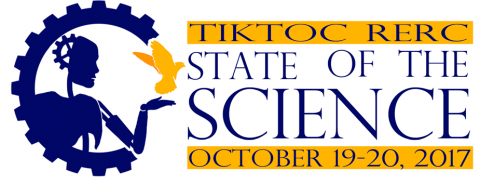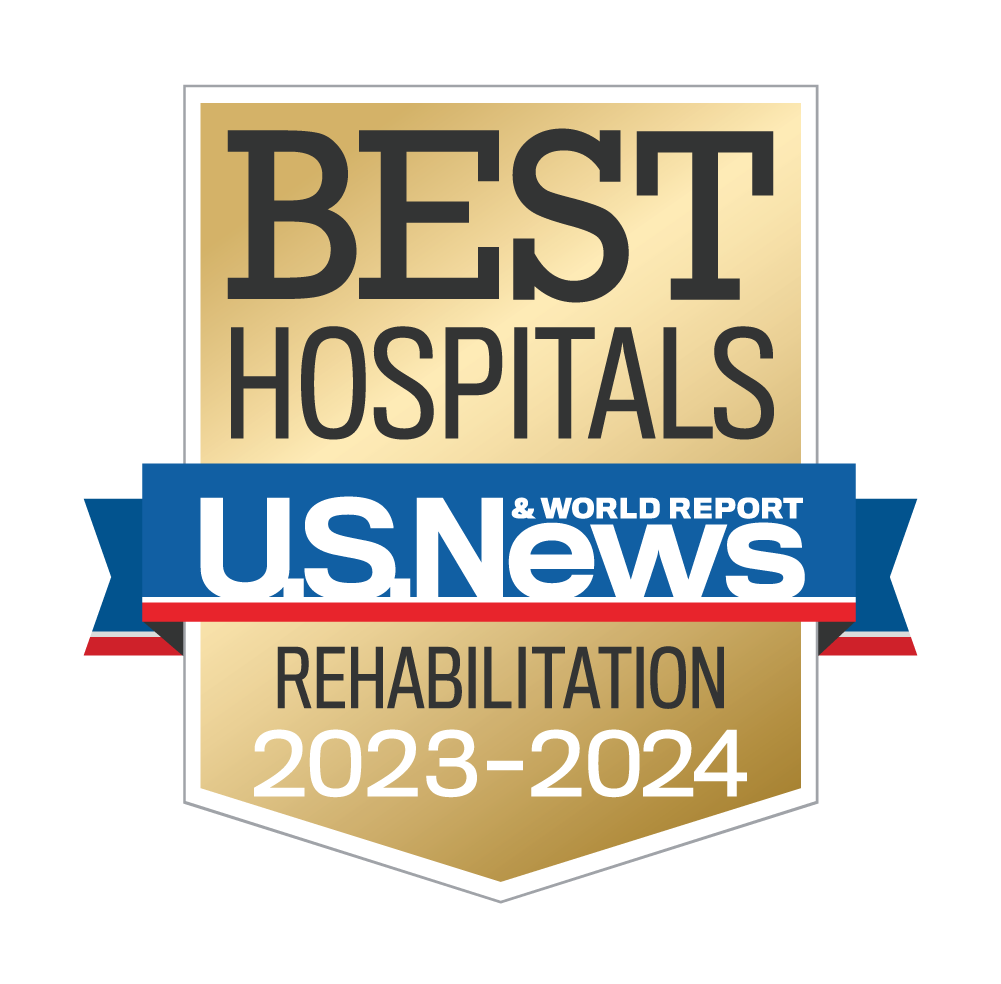
Adolescents and young adults with disabilities are a diverse and often under-served group with unique needs, strengths, challenges, experiences, and skills. Mobile technology – including sensors, apps, games, and other innovations – represent an opportunity to include and engage this group and their family members to better address their needs and support their transition to health self-management and independence.
While organizing and implementing a state of the science is a requirement that all RERC must fulfill, the faculty at the TIKTOC RERC decided to use their conference as an opportunity to bring together a diverse mix of researchers, clinicians, and developers as well as representatives from disability organizations, funding agencies, and business, insurance, and technology-related companies to work together to consider how best to integrate mobile technology into systems and lives. This innovative approach encouraged real discussions, networking problem solving and collaborations that focused on the current technology and where it needs to go in the future to be meet the real needs of this group.
According to Dr. Meade, "The potential benefits associated with mobile technology, are likely to be lost if development and innovation do not occur in a space where there is an opportunity for shared understanding and discussion. The processes of development and innovation cannot occur in silos; they must be informed by the knowledge and expertise of individuals with disabilities and their families." Also relevant and bringing their own challenges are the systems, structures, and processes associated with healthcare, educational, and employment environments in which the technology needs to be embedded – or at least interacted with.
The meeting began with an introduction by Ruth Brannon, MSPH, MA, the Director of the Office of Research Sciences at NIDILRR. She discussed the context for RERCs and their role in advancing the development of innovative technologies to support individuals with disabilities. Paul Wehman, PhD, an internationally recognized scholar on employment for indivdiuals with disabilities, provided the keynote address which set the context for the event, discussing the potential of technology to facilitate the transition and employment of adolescents and young adults with. Panel presentations focused on the following areas:
- Engagement and tailoring: Factors that impact engagement, use, and accessibility of mobile apps, games, and technology, and recommendations for how these may be addressed.
- Innovation: Trends in relevant technological innovations, strategies for identifying and tailoring new technologies for the target community, approaches to engaging multiple perspectives and stakeholders in the development process, and directions for future innovations to improve the transition to independence and self- management.
- Research: The current state of the science and research on mHealth and mobile technology to answer the questions What really works? and Where is the evidence?
- Integrating technology into health care: Issues and challenges of actually integrating mobile technology into health care. Topics may include use of technology by clinicians, integration into the electronic health record, and policy issues.
- Sustainability and technology transfer: Issues associated with maintaining apps and other mobile technology after development. This panel will include an overview of best practices in technology transfer as well as other models for ongoing support and maintenance.
"This was an ambitious agenda," according to Meade. "The focus is not on any particular project but rather on identifying best practices, challenges, and gaps, and making recommendations to increase the likelihood that the mobile technology that is developed considers the needs of adolescents and young adults with disabilities and is deployed in such a way as to actually have the chance to improve lives. I want to thank everyone who attended and participated in this process."
More information about the conference, as well as copies of the panel presentations and transcripts of the event can be found at https://tiktocrerc.com/


